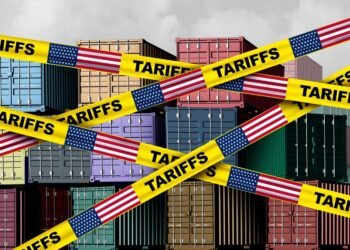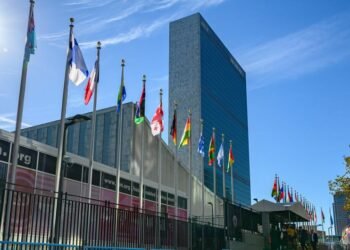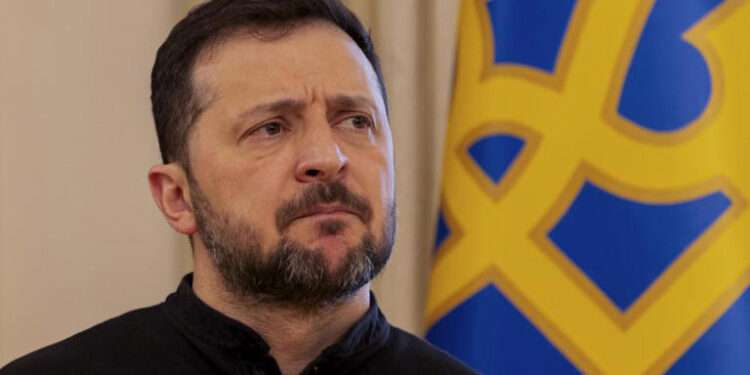A new report from the World Health Organization (WHO) and the Global Fund to Fight AIDS, Tuberculosis (TB) and Malaria, has documented evidence on the hindrances of inequality towards ending AIDS, TB and malaria.
Inequities have been widely acknowledged as barriers to achieving global and national goals and targets in HIV, TB and malaria programs. However, the magnitude and extent of underlying health inequalities have remained poorly documented and understood.
To this end, WHO indicated that the new report represented an important step forward in understanding how inequalities are hindering the fight against the three diseases. Using the latest available global data for 32 health indicators up to 186 countries, the report shows that while national averages of HIV, TB and malaria indicators have generally improved in the past decade, the poorest, least educated and rural subgroups tend to remain at a disadvantage across most HIV, TB and malaria indicators.
“Although great strides have been made to expand health services and prevention efforts, we must focus more on reaching the poor, rural and least educated populations who bear the brunt of these diseases”.
Dr Tedros Adhanom Ghebreyesus, WHO Director-General
Major impact on the poor
The report shows, for example, that available data on HIV testing among men revealed a gap of at least 20 percentage points between the poorest and richest households in 27 out of 48 countries with the gap having increased over time. According to the report, many families affected by tuberculosis spend a substantial amount of their income on expenses related to the disease – especially if the household is poor.
Data from 21 countries show that 20-92% of households spend at least a fifth of their income on TB-related costs. For malaria, the poorest, the least educated and rural groups reported lower levels of timely care-seeking for children under age 5 running a fever.
High sex-related inequalities are also quantified in the report. For HIV, in more than half of the countries, males reported higher condom use than females. HIV testing was substantially higher in women than men in a fifth of countries.
Peter Sands, Executive Director of the Global Fund stated in the report that “pandemics thrive on inequalities and exacerbate inequities: we have learned this with HIV, TB and malaria, and we have seen it again with COVID-19”.
Cases where inequality is low
Despite the challenges, the report shows cases where inequalities are low, or where the gaps are narrowing through faster improvements in intervention coverage among disadvantaged population subgroups. Encouragingly, some countries reported higher insecticide-treated bednet ownership among the poorest households, demonstrating that malaria prevention efforts are targeting and benefiting disadvantaged groups.
The report also illustrates the impact of eliminating inequalities in improving national averages across HIV, TB and malaria. For example, if countries improved the level of HIV testing of all pregnant women to that of the richest subgroup, the overall level of testing would increase from 40% to 64%. The percentage of families facing catastrophic costs due to TB would decrease by at least 50% in half of countries (from a current weighted average of 61% to a potential average of 38%).
In the case of malaria, families seeking care for children under 5 years with fever, eliminating economic-related inequalities would mean a 26% improvement in the weighted average across 28 countries.
The report calls for the compilation of more and better data on inequalities. The WHO 2020 global assessment of country data and health information systems found that only half of the 133 study countries included data disaggregation in their published national health statistical reports.
It also calls for regular and dedicated monitoring of inequalities in the fight against HIV, TB and malaria, which should be complemented by other quantitative and qualitative studies. WHO has developed a package of tools and resources on inequality monitoring and continues to support countries to develop their capacities in this area.
READ ALSO: TotalEnergies AFCON 2021: 30 Days Countdown Begins Today























